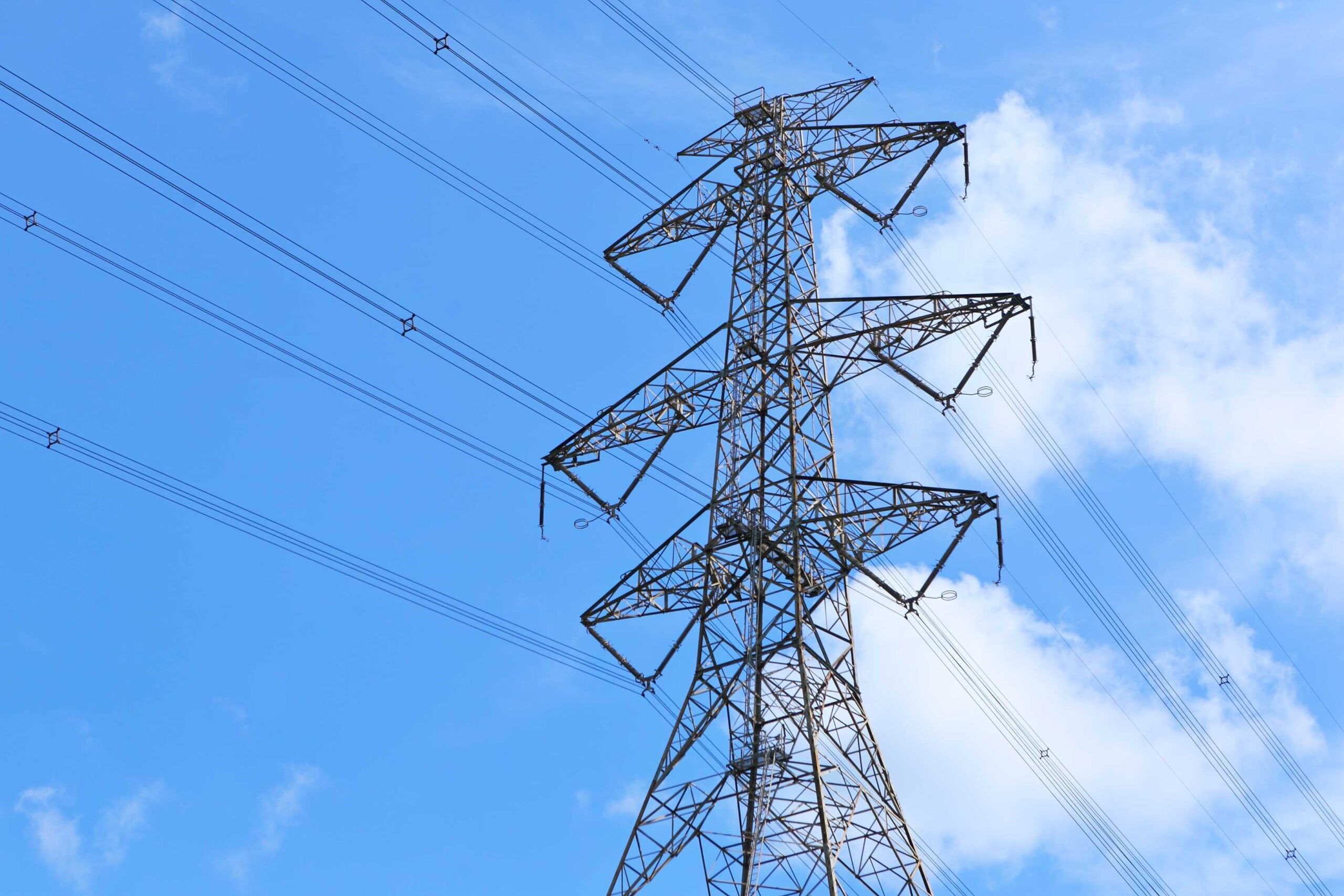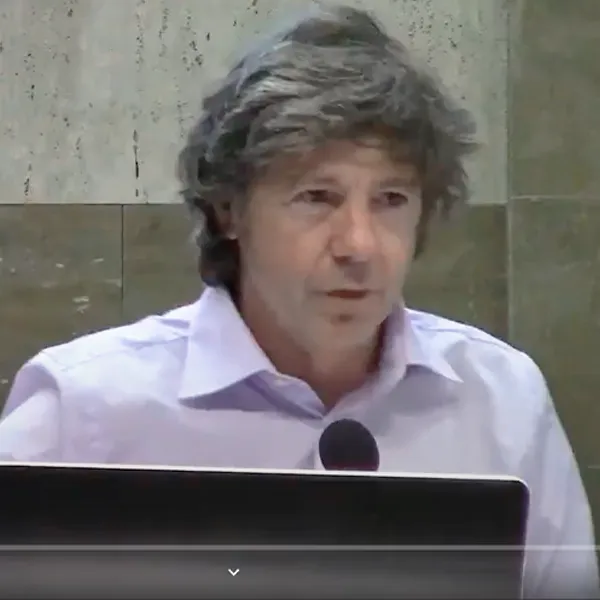This episode of TheAnalysis.news podcast was broadcast on 18 November 2020. The Analysis is a progressive podcast, hosted by Canadian-American Paul Jay – who is known as one of the founders of the Real News, but has departed from the Real News’s team. In this episode Paul Jay invited Riccardo Petrella, former adviser in the European Commission of Jacques Delors and presenty the engine behind a variouos initiatives that aim to establish water, knowledge and other life-related resources as common goods. In the conditions of COVID-19 pandemics The Agora of the Inhabitants of the Earth and Riccardo Petrella have requested that the COVID-19 vaccines be free and universaly accessible and the establishment of health as public good. In the episode Petrella discusses about the international struggle for temporary abolishment of intellectual property rights regarding COVID-19 medical technologies, which takes place in international organisations such as the World Trade Organisation and the General Assembly of the United Nations.
The Barricade believes these issues are very important and the message about them must be spread. Also, this episode of The Analysis is made in cooperation with the Italian progressive site The Other News, which is also a partner of the Barricade.


Paul Jay: Amnesty International reports that on October 15, members of the World Trade Organization failed to agree on a landmark proposal made by India and South Africa to temporarily waive certain provisions of the TRIPS Agreement – a global treaty governing intellectual property rights – relating to COVID-19 medical technologies.
If agreed, the waiver would suspend the implementation, application, and enforcement of certain intellectual property rights, such as patents on pharmaceutical products, and facilitate the development and manufacture of more and lower-cost COVID-19 diagnostics, treatments, and vaccines. Amnesty said Faced with an unprecedented pandemic, there is an urgent need to remove any barrier that may prevent the development and production of sufficient quantities of affordable COVID-19 diagnostics, treatments, and vaccines said Amnesty.
Medicine Without Frontiers, MSF, reports that the proposal is a landmark move, that would allow all countries to choose to neither grant nor enforce patents and other intellectual property (IP) related to COVID-19 drugs, vaccines, diagnostics, and other technologies for the duration of the pandemic until global herd immunity is achieved. MSF said that
“A global pandemic is no time for business-as-usual, and there is no place for patents or corporate profiteering as long as the world is faced with the threat of COVID-19,” said Leena Menghaney, South Asia Head of MSF’s Access Campaign. “During the pandemic, treatment providers and governments have had to grapple with intellectual property barriers to essential products such as masks, ventilator valves and reagents for test kits.”
Now joining us to discuss this is Ricardo Petrella. He is an Italian political scientist and economist; In 1991, he founded the Lisbon Group, which was composed of 21 academic, business, media and cultural decision-makers, so as to enhance the critical analyses of the current globalization. He is also a member of the World Social Forum and the Porto Alegre Manifesto. He established the International Committee for a global water contract in 1997 (of which he is the general secretary). Starting in 2003, he took the initiative to set up the University of the Public Good. He is an Emeritus Professor at the Catholic University of Louvain (Belgium).
Riccardo Petrella: Thank you for the invitation.
So start with how you got involved in this issue and why you think it’s so important.
For many years, I have worked with France and the world, in particular, the Lisbon group in the 90s, geared towards consultation and mobilization of citizens against the current economic and political system based on competitiveness. The imperative dictates the basic choice between the allocation of available resources on the planet. I have initiated a process of defending the common good and public goods that are essential to life, and as well I created the University for the common good.
As the Agora for the Inhabitants of Earth, to which I had help promoting with several hundred friends from around the world, we collectively believed that intellectual property rights, in regards to patents on living organisms; which means molecules, cells, and genes, is unfair for the common good. The patent is an instrument by which private subjects can become exclusive owners for up to 17 to 20 years on the use of the living organisms. They are the lords of the living organisms that have been subjected to the patented disease. It’s a principle that is not acceptable on all levels from radical, ethical, political, and social.
You introduced the disease and mentioned that the patents on the living organism are considered to be a threat to life and a threat to human existence, which is an existential threat. This is true because it’s inconceivable to become the owner of all life, to be the exclusive owner of living species.
Well, I’m sure you’ve heard the argument, but let me make it. The pharmaceutical companies that are developing these treatments that have to do with living organisms and antibodies and such, they say if they don’t privately own the technology or science that they develop, that there’s no reason for them to invest in it. So what’s the answer to them?
Because they’re saying this proposal by South Africa and India, some have said it’s an existential threat to property rights and that it would then hold back scientific advancements because these companies wouldn’t invest.
Those who are in favor of the argument on the patentability of living organisms; think if you don’t pay for the investments that are done in research, in the production, then manufacturing, and distribution, and so on, that drugs and related technologies will see no advancement in science and research.
This is false and not correct. What we know is that the investment in research, the so-called basic research, is primarily financed by public money. Even in the United States, fundamental research is not done and financed by private corporations. Training people, both scientific and workers in universities, etc. are mostly, with the few exceptions in the United States, is financed by public money. Applied research itself is financed by public research programs. Most of the so-called applied research is financed by public money.
Additionally, private corporations receive a lot of subsidies and contributions through innovation programs, startup creation programs, and in the end, the investment by private corporations in research on vaccines, or drugs, is very limited.
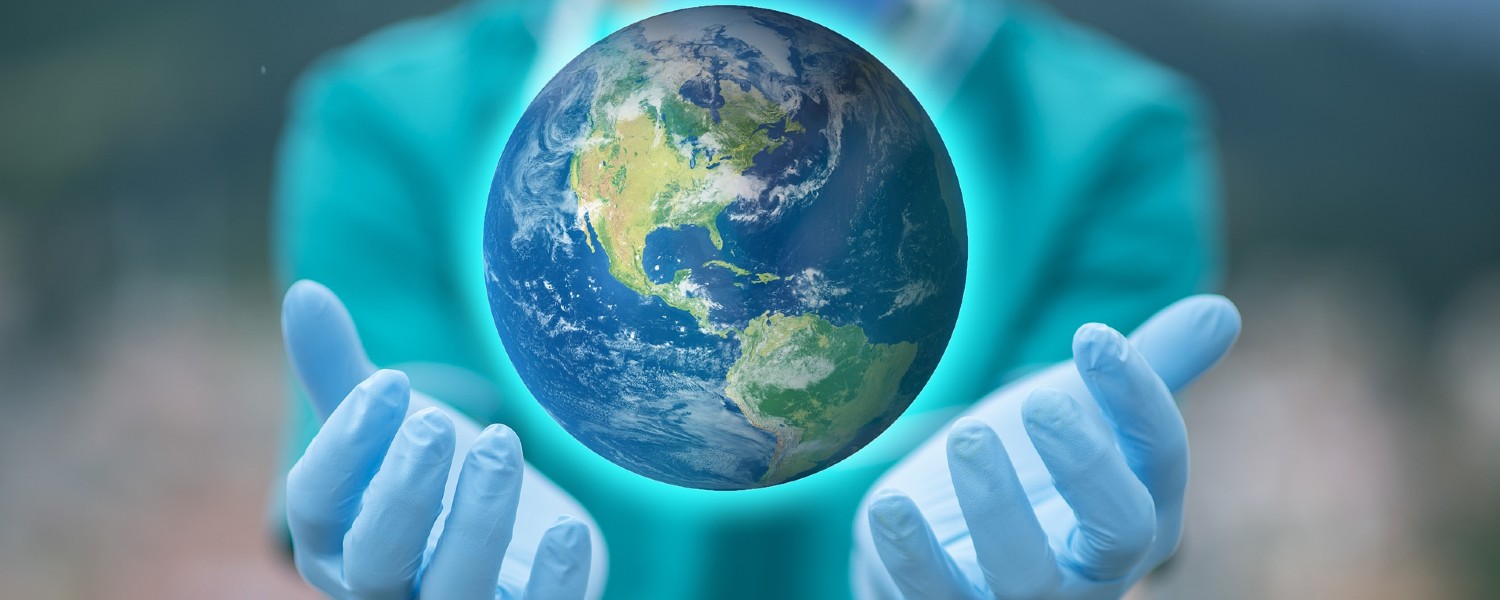
In this particular case with COVID, not only are the big companies getting subsidies to do the research, but there’s no risk involved for them because they know they’ve got a guaranteed market, the governments around the world are going to buy it.
Exactly. Through advanced market commitments, private corporations are guaranteed that there is no risk in manufacturing the billions of doses of vaccines. Because they have already guaranteed that these doses will be both paid in advance and as well paid in advance on a base price that they claim to fix themselves without any negotiation with public institutions and governments, they accept the negotiations with the government about prices concerning advance and market commitments regarding access to vaccines and drugs in developing countries.
But as we know, in the last 20 years, one of the main causes of conflict between the countries of the south, which means the developing countries or countries in the mid-range income, is caused because companies pretend to deliver the vaccines and the drugs at a very high-level cost.
I remember the fight that the Indian government was obliged to carry on against Bayer. They asked for a month of doses for a very efficient drug against a particular kind of cancer. They wanted people in India to pay $5,500 per month. Even the Financial Times made a comment on this and was upset. They said, how could you charge $5,500 a month when there may
only be 0.2% of the Indian population with such and income revenue. The Indian government succeeded in an election, and a local company was able to produce it for $70 dollars per month.
The chairman of Bayer was fired because of an interview with the Financial Times. The vice president responding to the question of the journalist, said; honestly, we didn’t design, develop, and produce the drug for African, or developing countries, or sick people. We produced them for rich people in developed countries. Bayer fired the president for saying this.
About 20 years ago, there was a very big fight between South Africa and the 39 pharmaceutical companies in the world. They asked a tribunal to condemn South Africa because they didn’t respect the patents on a vaccine for AIDS (HIV), and they wanted to impeach South Africa for using locally produced vaccines. At that time in South Africa, there were more than five million individuals infected with AIDS (HIV). According to these 39 laboratories, they had no right to use the vaccine because it was under their control at the end of the day.
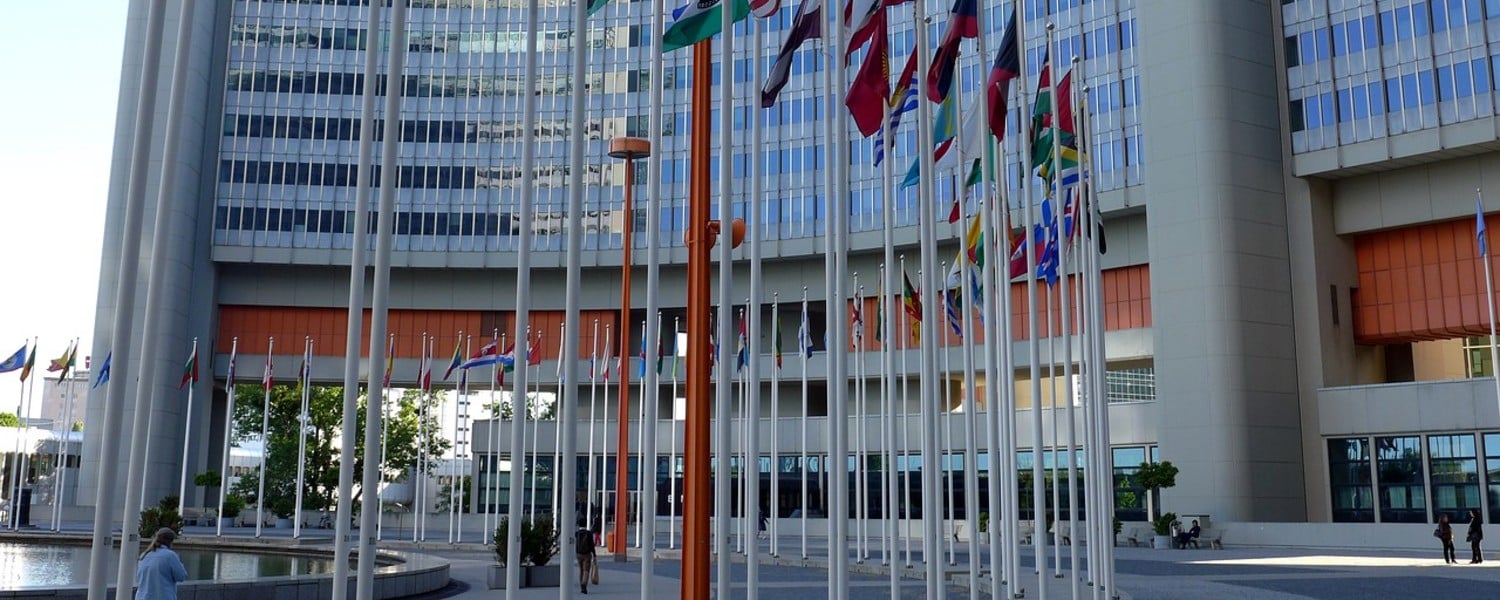
That’s crazy. Right now, more than a million people around the world have died because of COVID and the proposal by South Africa and India, which is now more or less dead in the water; because they went to this meeting on October 15th, and the decision was postponed.
Postponing the decision is about the same thing as killing the proposal. Hundreds of thousands of people could die as a result of this decision. A few of the countries that voted to
postpone, even though many countries were in favor of it, these were more medium-sized than lower-income countries, included Canada. Canada tries to present itself as benign Canada, human rights Canada, well Canada was one of the countries that voted to postpone. There is no surprise that the United States voted to postpone.
There’s a deeper kind of question here. The proposal was only temporary. They said temporarily allow the patents to be used. But I guess these countries that have big pharmaceutical industries think if you open the door to temporary if you even open the door at all to the principle that millions of lives might be more important than the profits for the pharmaceutical industries, if you allow that door to be open, you might not be able to close it.
They cannot open. They cannot adopt an open posture or attitude because if they accept a small opening, they are afraid that it will destabilize the entire fundamentals of a capitalist economy, a knowledge-based economy, and a knowledge-driven economy.
What this says about today is that the intensive technologization of the economy allows private capital to become the owner of knowledge. Knowledge is the most important production factor. They cannot leave it to the public, or collective, or to a common regime. In 1990, the Supreme Court of the United States introduced the worst possible sentence they could have ever done. They legitimatized the ability to patent living organisms, something that corporations will now never allow to be abandoned.
At the United Nations, Xi Jinping, the president of China, said China is actually going to share its technology.
Here’s a segment of what he said “going forward, we will continue to share our epidemic control practices as well as diagnostics and therapeutics with other countries. Provide support and assistance to countries in need, ensure stable global anti epidemics supply chains, and actively participate in the global research on tracing the source and transmission roots of the virus. At the moment, several COVID-19 vaccines developed by China are in phase three clinical trials. When their development is completed, and they are available for use, these vaccines will be made a global public good, and they will be provided to other developing countries on a priority basis”.
So here’s China, who’s being accused of every horrible thing in the world by the Americans. They’re going to share their technology. And the United States voted to postpone this temporary waiver to defend its pharmaceutical industry. How important is this decision by China?
It’s difficult to have a definite assessment of this decision, but the only thing that we can say today is that we must trust our Chinese colleagues and Chinese people. But it’s important to note that Westerners do not trust the Chinese. Today they didn’t even pay attention to the statement by Xi Jinping because they don’t believe it. Finally, they have a sense of superiority, and they cannot accept that China might be more developed in the field ofscience and technology than the United States or Europeans. There is a kind of ignorance in the intelligence of our Western leaders. They are scared that they will lose credibility if they pay attention and welcome this kind of operative offer from China.
This is one of the big problems of today, which is trust. Society is based on trust. If members of society do not trust each other, you don’t have any society. Internationally speaking, trust has been destroyed in particular by our own countries, by the Westerners, and by the North people. For Western people, we trust only ourselves. We consider that our technology is the best saving instruments for our survival. And the debate now at the WTO on this point shows that only the Western powers that dominate the WTO only have trust in their own solutions.
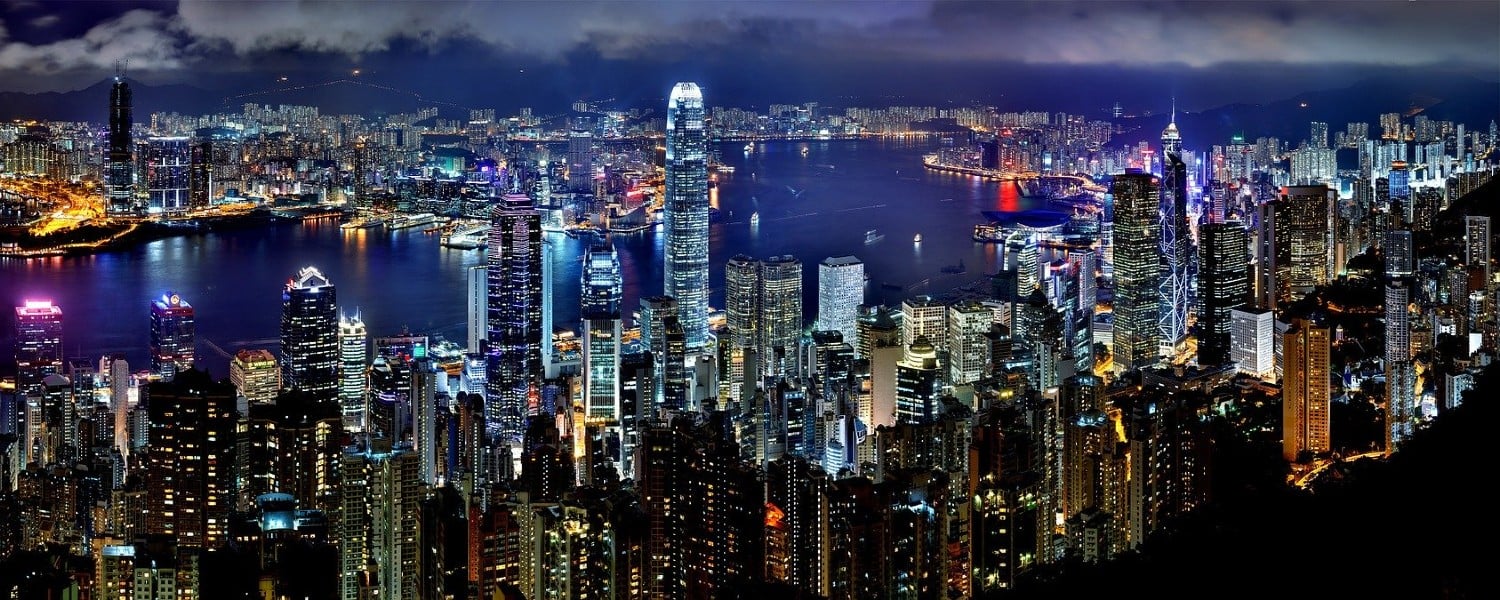
Riccardo, I think it’s even more than that. The Western countries and we’re talking particularly the United States, Canada, Europe, but mostly the United States. They see the intellectual property, trademark, patents, and such; it’s a way of making the developing world pay them for developing. It’s a way of maintaining a certain amount of hegemony, competitive advantage over China.
At the heart of this intellectual property rights fight between the United States, Europe and China is this question: is the West going to be able to maintain their technological, scientific advantage? And they see not only China catching up, but they want China to pay through the nose.
On the other hand, they’ve been taking advantage of cheap Chinese labor all these years. And they think that it’s just a one-way street, that they can milk the cheap Chinese labor but not have to give up anything on the intellectual property rights side. China has been saying, well, no, part of the exchange for the cheap labor is that you are going to give up on some of the intellectual property rights. And it’s a very critical fight, in some ways, even for the Chinese, but indirectly.
But it goes to the heart of how global capitalism is going to work because, as you said, intellectual property, private ownership of knowledge, and even living organisms. But these rights are the heart of imposing the power of finance, the power of corporate America, and so on. If that private ownership of intellectual property breaks down, not only does it open the door to a big breakdown of all these WTO guidelines on private ownership, but of other stuff, too, and people start saying, well, if there shouldn’t be private ownership of the intellectual property for the public good, well, there shouldn’t be private ownership of water.
There shouldn’t be private ownership, maybe of health care. There shouldn’t be private ownership, even of big banking. It opens the whole question to a more socialized solution to the problems. There’s a lot at stake with this, what looks like just a humanitarian proposal.
I agree with what you said. There is no logical legitimation of having private ownership on a living organism, on water, on land, on knowledge. You are touching the core of the problems. We have abandoned the basic wisdom that has characterized the past two centuries of the evolution of our societies. People didn’t even imagine that they could become an owner on the private level of water, of air, of mountains, and of oceans. But we did. This is our capitalistic society, which does not accept any other form of existence of life, then the privatized form. And this is why the fight today is fundamental.
It is not the question of China or the United States. It is the question, are we as citizens ready to accept that the future of mankind, the future of life on Earth is depending on the private ownership of life, decided in terms only of financial value.
The patents on drugs and vaccines say that our societies accepted it, and this is why it is a scandal. It is a scandal that the leaders of the world today, leaders from the United States, Canada, Europe, Japan, etc., accepted this; it is a scandal.
To consider that the financial value on all forms of life is more important than life itself and more important than the rights of all human beings and all living species. This is the question today. And I think that we must analyze the terms of the negotiations. The negotiation about all of us, negotiations between Africa and us, the negotiations between Europeans and Americans, and negotiations with Russia and China; for a new humankind, or humanity pact, or social pact, which rejects any form of private ownership of life.
This is why for 30 years, I’ve been fighting against the privatization of water. But those who have been fighting against the privatization of water did not succeed. Today, water is still a
commodity, a commodity in financial terms. Financial operators call it the ultimate commodity. Water for financial people is the ultimate commodity.
You can imagine what will become of what he says to make commodity life. I repeat the same system because it’s important to underline that knowledge is the basis of our economy. It is the most critical and important factor in the world’s production. This is why the privatization of knowledge, the privatization of university research, the privatization of university teaching, the privatization of even secondary schools, the privatization of drugs, the privatization of seeds, is the most terrible thing that we could have invented.
All right. Thanks very much for joining us, Riccardo.
I appreciate the invitation very much. Thank you.
And thank you for joining us and listening to TheAnalysis.news podcast. And please don’t forget the donate button at the top of the webpage.
Photo: Riccardo Petrella (source: Riccardo Petrella)
The Barricade is an independent platform, which is supported financially by its readers. Become one of them! If you have enjoyed reading this article, support The Barricade’s existence! We need you! See how you can help – here!
Warning: Undefined array key "layout_mood" in /home/klient.dhosting.pl/bcdmedia/thebarricade.online/public_html/wp-content/themes/viewtube/header.php on line 116








